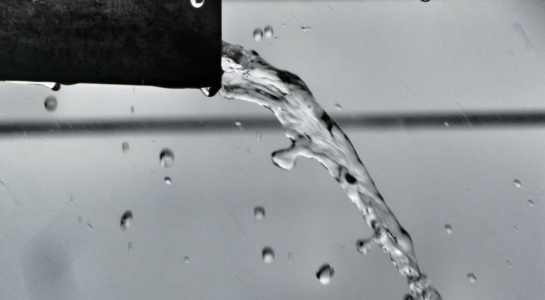An essential component of dependable, great fabrication is thorough quality testing. This testing is essential when the fabrication being referred to includes modern pipes, the stakes are particularly high due to the pipe in question. It is critical that any weak or failure-prone pipes be detected and removed before they are introduced at the work site. Inability to recognize broken pipes can have extreme operational and monetary outcomes later on.
Sorts of Piping Tests
Industrial Piping undergoes a variety of major testing relying upon the specific facility and the requirements for the piping. Fundamentally, pipe testing will guarantee that the pipe meets hardness guidelines, that the welds are fantastic and solid, that the pipe won’t leak, and that it can withstand the weight and pressure prerequisites that will be set upon it. Basic testing incorporates the following:
- Radiography
- Positive Material Identification (PMI)
- Magnetic Particle Inspection (MPI)
- Ultrasonic testing
- Hydrostatic Testing
It is critical that pipe testing does not harm or weaken the pipe in any way, and that they yield dependable and precise results. It is much more secure, less demanding, and less costly to correct any piping failures before the piping leaves the fabrication facility than once it is set up at the work site.
The Importance of Pipe Testing
High quality pipe testing is important for several key reasons including the following:
Safety – The most important reason for rigorous pipe testing is safety. Pipe failure could cause dangerous accidents.
Regulations – Pipe testing is also crucial to stay in compliance with governmental regulation. The US Department of Transportation’s Pipeline and Hazardous Materials Safety Administration (PHMSA) sets industry safety standards which include requirements for inspection and testing of pipe welds, non-destructive testing, and repair and removal of defects.
Economy – Pipe failure is extremely expensive. It results in lost product and cessation of production while the pipeline is repaired. A pipe failure may also result in costly cleanup and waste remediation.

